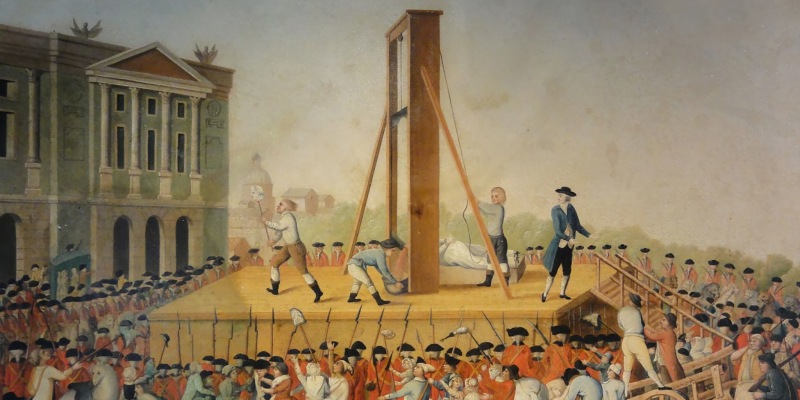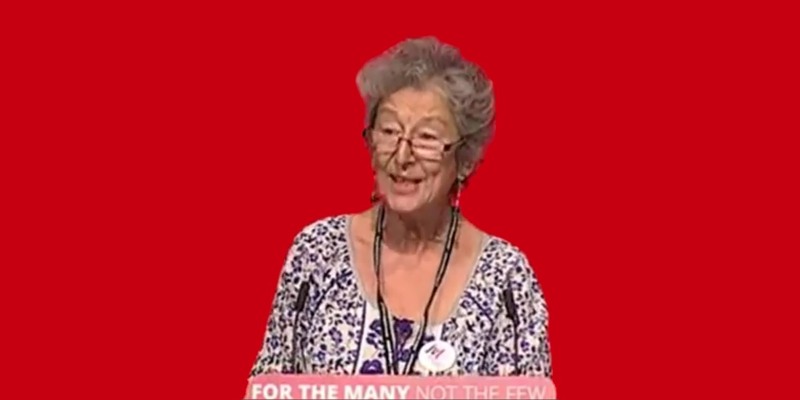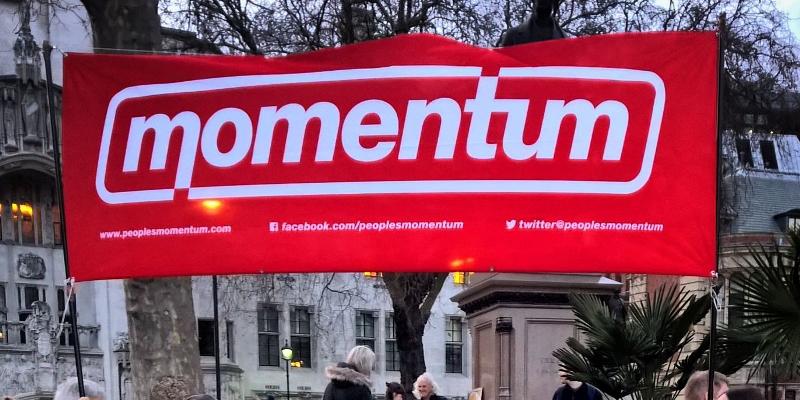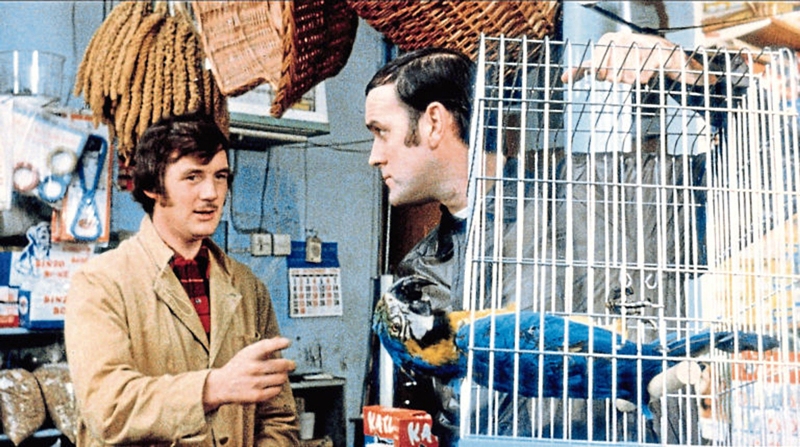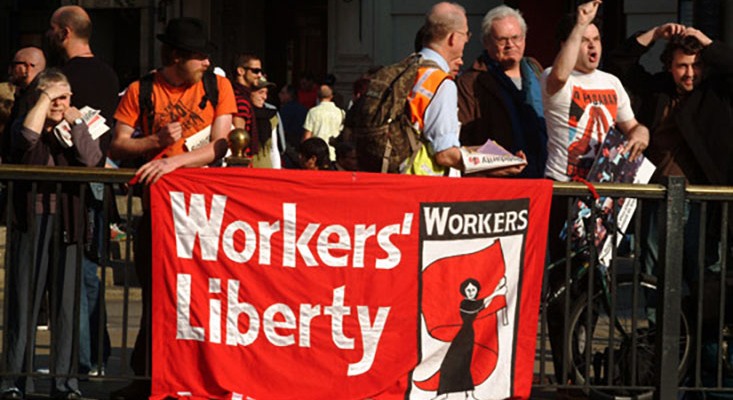James Harvey calls for rebellion against the blue Labour monarchism being foisted on the Liverpool conference
After 10 days of national mourning and media saturation of matters monarchical, it seems that our trip to Ruritania is over and we are now very much back to business as usual – particularly in the Labour Party.
As befits a new prime minister, Liz Truss is settling in at the United Nations and upping the ante in the war drive against Russia, while at home her government is announcing its economic strategy and plans to deal with the energy crisis. So, despite all the talk of a new national mood following the death of Elizabeth Windsor and the accession of her son, it seems that, after a brief hiatus for the funeral, normal service has been resumed.
That certainly seems true on the face of it for this week’s Labour conference in Liverpool. Over the last year, Sir Keir Starmer and the pro-capitalist right have continued to tighten their control over the party, along with their triangulation strategy and its promise of electoral success. The Labour leadership’s tepid response to the cost-of-living crisis and soaring energy bills, along with its failure to support strikes in defence of living standards, are all of a piece with this ‘responsible’, statesmanlike strategy. So far Sir Keir has done a good job in reassuring the capitalist class that the ‘bad old Corbyn days’ are well and truly over and will never return. It seems that he has finally restored ‘sanity’ and ‘common sense’, and once again made Labour an acceptable second eleven.
Should the crisis become too severe and the challenge of the working class too great for the Truss government, it seems that our noble knight can ride to the rescue and save the day for the capitalist class. Favourable articles in the Financial Times and The Economist show that Starmer’s message is getting through to sections of bourgeois opinion, while even The Times – the Murdoch flagship – is saying some nice things about a possible Starmer government.
It is worth taking a moment to understand the political and strategic thinking of the pro-capitalist leadership. Leaving aside the obvious careerism and individual desire for advancement, wealth and status exhibited by many Labour politicians, they do have a political project that essentially boils down to maintaining capitalism. Historically, this might have been understood as reforms in the interests of the working class, or framed in the rhetoric of ‘modernisation’, but the options for even the most minor modifications are now very limited indeed.
As leaders of a bourgeois workers’ party, Labour politicians are an integral part of the ruling class, so protecting capitalism and advancing their own interests go hand in hand. They are completely loyal to the constitutional and economic order: they stick to the rules, because they are intrinsically part of the game. This is all we need to know to understand the politics of Sir Keir Starmer.
Guillotine
While media neutrality or even support is useful for electoral success, the Starmer strategy still has to win over and retain the support of sufficient voters to win the next general election. Labour’s lead in the opinion polls can be read as a type of quiet progress for the Starmer camp, but in their eyes there is still a lot for them to do if they are to become a credible party of government.
Again, a small, symbolic act can reveal a lot. For Sir Keir, and the constitutional loyalists who form the leadership of the party and the trade unions, the death of Elizabeth Windsor was a good opportunity to demonstrate their fealty in every way to the status quo. The Labour leaders played their part to the full in the official ceremonies of mourning and the accession of a new monarch: they did not put a foot wrong. They were joined in that bowing and curtsying by the supine Labour ‘left’ MPs, who maintained a vow of loyal silence and tweeted their officially sanctioned sorrow at the passing of the hereditary head of state.
The Labour leadership wants to double down on this pro-monarchism and keep the patriotic mood going by opening the party conference with a rousing rendition of ‘God save the king’. What better way to convince socially conservative ‘red wall’ voters, who supposedly defected to the Tories in 2019 because they hated Corbyn’s suspect leftism, that Labour under Starmer is the patriotic party once again? Likewise, for Tory ‘blue wall’ voters, such a stirring example of banal loyalty by conference delegates would seal the deal and show that Sir Keir’s party was on the side of ‘people like us’. Appealing to two vital electoral targets with one anthem – what an absolutely wizard wheeze and a brilliant master-stroke of media management. If it comes off!
However, lots could go wrong; let’s hope so. We would suggest that delegates in good voice sing The Guillotine. Written in 1794 by the American republican and French citizen, Joel Barlow, the music is the same. It is only the words that are rather different:
God save the guillotine
Till England’s king and queen
Her power shall prove:
Till each appointed knob
Affords a clipping job
Let no vile halter rob
The guillotine.[1]
That, or we would urge delegates to walk out. Rows of empty seats would send an excellent republican message (including to viewers at home – that is, unless the TV companies resort to censorship).
The historical record of Labour leaderships and governments from the very beginning has been one of complete loyalty to the state and British imperialism. There have been occasional social-pacifist lapses, but both at home and abroad Labour has safely been an obedient servant of the constitutional order. Yet Sir Keir still feels the need to sing the ‘national anthem’ to prove his allegiance to the ruling class: explained by the fact that Labour remains a bourgeois workers’ party (because of its name, trade union links, mass membership, voting base, etc).
But what of the Labour left – both historically and, most immediately, at this conference? In the early 1920s there were motions calling for the abolition of the monarchy and the hereditary principle. James Maxton in the 1930s and Tony Benn in the 1990s championed republicanism too. Nowadays, however, the official left, represented by the completely tamed Socialist Campaign Group of MPs, has fallen into line and capitulated entirely to the Starmer leadership. Apart from Clive Lewis’s rather feeble comments on our new head of state, these so-called left MPs have remained completely silent when it comes to republicanism.
Meanwhile, Andy Burnham is on manoeuvres, tacking to the left, speaking at Enough is Enough rallies and angling for a return to Westminster: Burnham for West Lancashire, following Rosie Cooper’s announced retirement, anyone? He is clearly waiting in the wings, should the Starmer electoral strategy fail. Such flagrant opportunism and careerism fools no-one, but, given the pathetic state of the parliamentary left, they could rally to his cause as a future ‘left’ candidate for the Labour leadership.
Although the recent election of Naomi Wimborne-Idrissi to the national executive committee was a small ray of light, the incoherence and disorientation of the non-parliamentary Labour left continues. The expulsions and suspensions of the witch-hunt, combined with resignations and disillusion amongst activists in the CLPs, have severely weakened the left. Momentum’s outright capitulation to the Labour right during the witch-hunt continues, while the Campaign for Labour Party Democracy equivocates in such a way as to effectively render support for the Starmer leadership.
Attempts to open a debate on the Forde report or change the rules to allow Jeremy Corbyn to rejoin the party and stand as a Labour MP must, of course, be supported. The same goes for demands that the party leadership support workers’ demands for higher pay and give solidarity to strikes. However, remember that such conference victories can safely be ignored by Sir Keir. The left will protest, grumble and begin again the endless cycle of drafting new conference resolutions and getting ready to throw themselves into the next general election (this time with the chance of replacing the Liz Truss government with one headed by Sir Keir).
The current balance of forces within the party is not simply a product of the inability of the Labour left to learn from history. The more successful the Labour left is, the more it merges with the labour and trade union bureaucracy and therefore the outer layers of the state. Going from left to right is par for the course.
Even when leftwingers break with the Labour Party organisationally, they just reproduce its politics of Labourism in another form. Whether it is called the Trade Unionist and Socialist Coalition, the Socialist Labour Network or Resist, all we get is lowest-common-denominator politics and therefore economism.
Until leftwingers break decisively with that type of politics and recognise the necessity of a Communist Party, a mass party based on a Marxist programme and the principles of democratic, not bureaucratic, centralism, there is no possibility of winning the Labour Party to socialism, let alone winning a socialist government l
[1]. For all the words and something about Joel Barlow see: davidmhart.com/wordpress/archives/1048.
